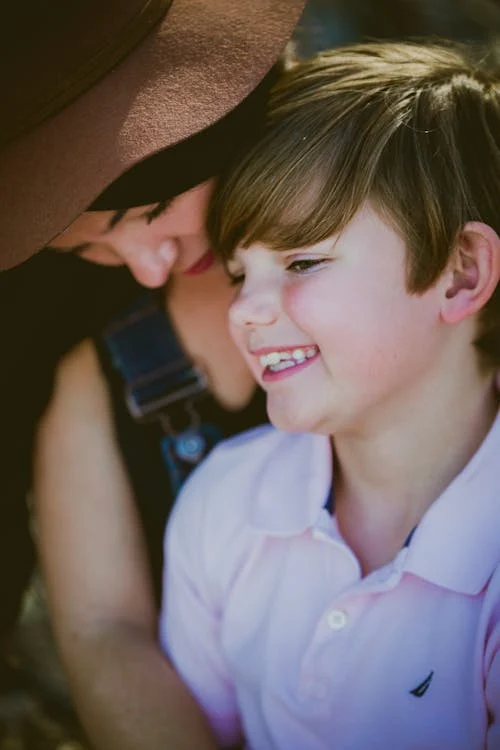Parenting is a personal journey, and each parent chooses what they believe is the best method for raising their child. The truth is, no matter which approach one chooses, there will always be people who are judgmental and criticize the parenting style of others, believing their own method is the right one.
But could there be a unified approach to parenting when every child is a unique individual with specific character, needs, and preferences? I believe not, so why don’t we just let parents decide what’s best for their kid without second-guessing their choices and strategies?
A mom named Emma penned a letter to Bright Side, asking for advice and explaining why she no longer forces her 8-year-old son to say phrases such as “sorry” and “thank you.”
Emma started her letter explaining that her choice to parent her son that way comes from her personal experience of living with strict parents. According to her, her mom and dad’s approach to raising her and her siblings in a household where rigorous rules were followed led to anxiety and low self-esteem, something she hoped her son Georgie won’t experience.
When she became a mother herself, she made a decision that her parenting style won’t involve a power struggle between the parent and the child because she doesn’t feel superior to her son, which doesn’t mean she ignores her authority over him.
This, however, has led to conflicts between her and her husband who is convinced that she should be more strict. He believes their son “should understand social norms and the consequences of his actions.”
Emma recalled a situation when Georgie pushed a kid at the playground and she didn’t make him apologize for his actions, instead, she was the one who approached the mom and her kid and said she was sorry for what Georgie did. The mother, however, wasn’t happy and demanded Georgie apologize.
Emma said she wouldn’t force Georgie to say sorry if he didn’t really mean it, because doing so would mean she’s teaching him to be fake and to believe that the feelings of those around him are more important than his own. She, however, wants him to be led by example and learn how to apologize by watching her do that and adopt that habit eventually.
The mother at the playground called Emma “a bad and irresponsible mother.”
Now, although she’s convinced her parenting style is the right one and gives positive results, the criticism from her husband and the parents around her made her question her choices.
What are your thoughts on this?
Do you believe there is a parenting style that is “the right one,” or it should be on the parents to decide on what’s best for their little ones?
Please SHARE this article with your family and friends on Facebook.
Bored Daddy
Love and Peace



